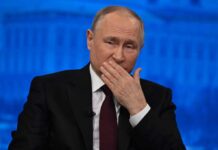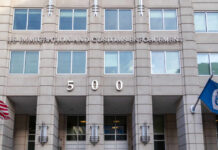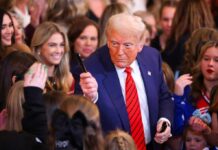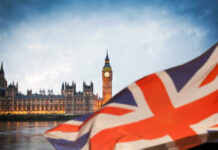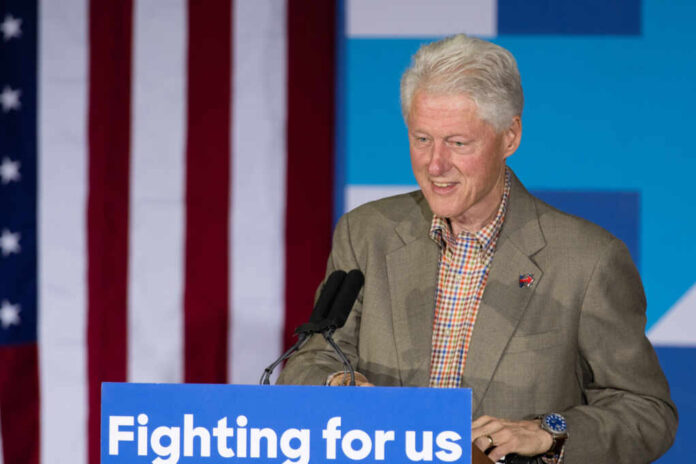
The suspension of Jimmy Kimmel’s late-night show raises alarming questions about the erosion of First Amendment rights under government pressure.
Story Highlights
- Former President Bill Clinton warns of the erosion of free speech in the U.S.
- FCC threats lead to the suspension of “Jimmy Kimmel Live!” after controversial remarks.
- Political pressure from the Trump administration is criticized by Clinton and other figures.
Clinton Warns of Threats to Free Speech
Former President Bill Clinton has expressed deep concerns over what he perceives as a growing threat to free speech in the United States. Speaking at the Clinton Global Initiative’s 20th anniversary, Clinton highlighted the brief suspension of Jimmy Kimmel’s show as a troubling example. The suspension came after Kimmel made controversial remarks about the assassination of conservative activist Charlie Kirk, prompting backlash and regulatory threats from the FCC.
Clinton emphasized the importance of protecting comedic and journalistic expression from government interference. The suspension of “Jimmy Kimmel Live!” has reignited debates about the boundaries of free speech and the potential chilling effects of political pressure. Clinton’s comments align with concerns that the government is overstepping its bounds, potentially threatening the First Amendment.
Watch: State of free speech in U.S. after Jimmy Kimmel’s suspension
Regulatory Threats and Political Pressure
The Federal Communications Commission (FCC), led by Chairman Brendan Carr, threatened punitive action against ABC/Disney if Kimmel was not disciplined. This unprecedented move has raised alarms about government overreach into media regulation. Critics argue that the FCC’s intervention represents a direct threat to First Amendment protections, setting a dangerous precedent for future government involvement in broadcast content.
Amidst these developments, the Trump administration’s role in pressuring ABC/Disney further complicates the situation. President Donald Trump’s officials reportedly celebrated Kimmel’s suspension, reflecting a broader political strategy to control media narratives and suppress dissenting voices. This governmental influence over media companies poses serious questions about the independence of journalistic and comedic expression in the U.S.
Ongoing Debate and Media Response
Despite Kimmel’s return to air on September 23, 2025, the controversy continues to spark national debate. Major ABC affiliates like Nexstar and Sinclair have chosen to preempt Kimmel’s show, indicating ongoing tensions between media companies and government regulators. The incident serves as a bellwether for the state of free speech in America, with potential long-term consequences for media independence and the protection of political satire.
The broader implications of this controversy extend beyond Kimmel’s show. Media professionals and commentators are now more cautious about engaging in political satire and commentary, fearing regulatory backlash. The situation underscores the importance of safeguarding First Amendment rights against coercive governmental actions that threaten to undermine democratic norms.
Sources:
Bill Clinton fears US is ‘losing’ freedom of speech after brief Kimmel suspension
Jimmy Kimmel late-night return slams FCC chair, free speech pivot
Free speech is besieged in America
Suspension of Jimmy Kimmel Live!




